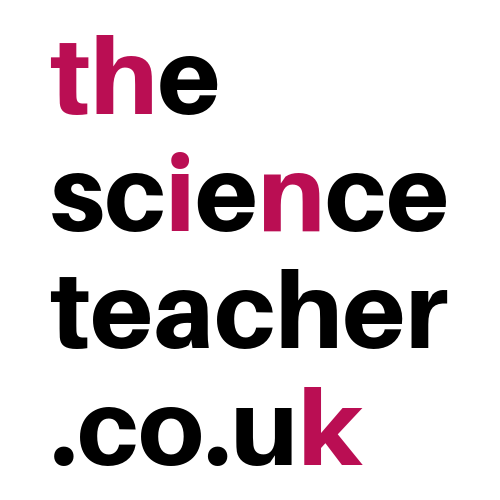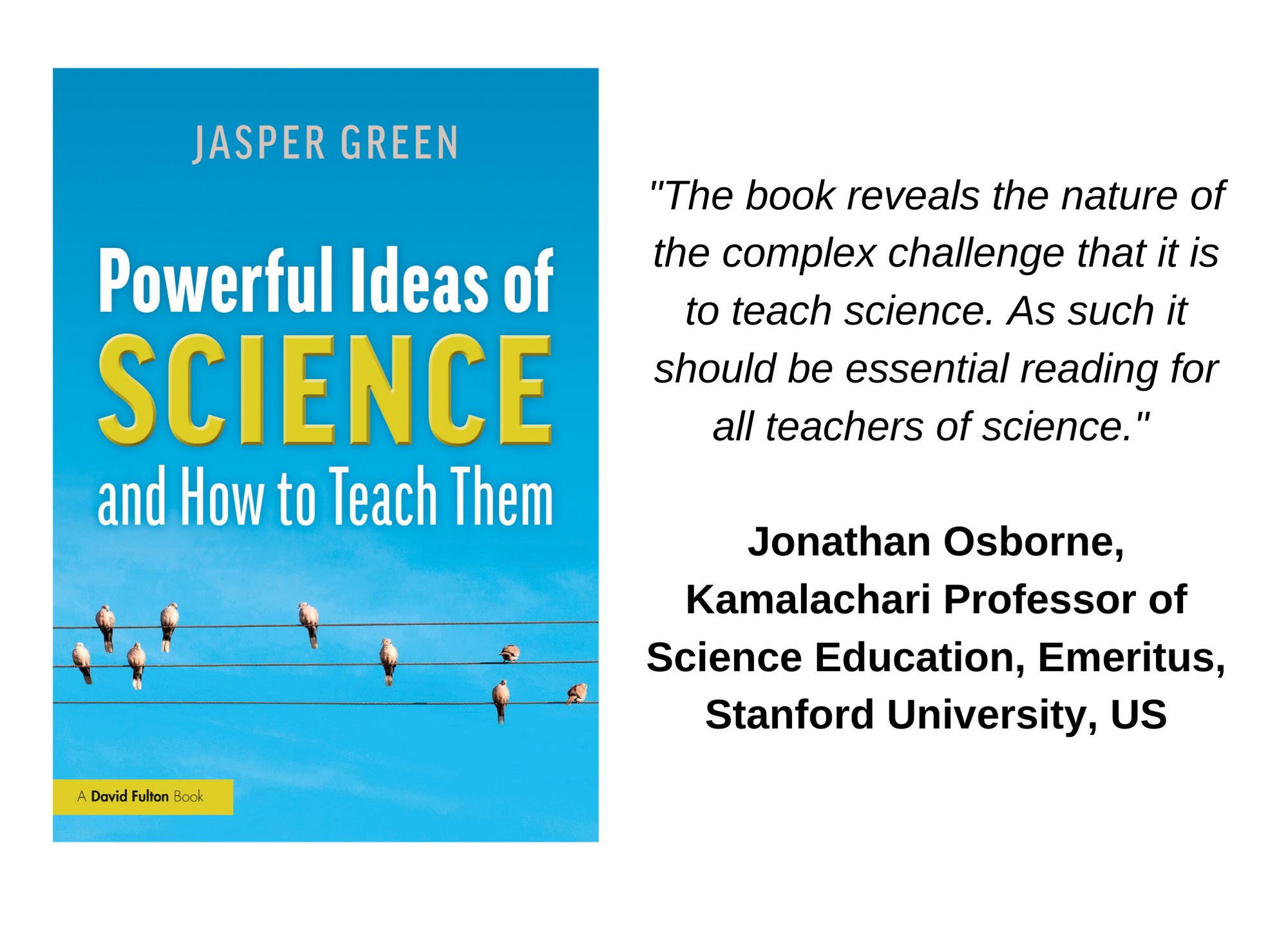Powerful ideas of science
What’s the point of an education in science?
Over the years there have been no shortage of aims for science education. From creating future scientists, through to creating consumers of science and everything in between (Osborne, 2007). Who then gets to decide on what the aims should be? Well, perhaps no one does. Instead, the aims of science education should come from the discipline itself.
Science is a discipline dedicated to explaining the natural world: why men have nipples, why solid water floats on liquid water and why metals feel cold, but aren’t. An education in science is about giving all students access to these powerful ideas (Young, 2014) so that they can inquire and reason about the world in a way that is personally meaningful and yet dramatically different from their everyday way of thinking.
Which scientific ideas then are the most important for students to acquire and how should we teach science so that all students can understand them?
Powerful ideas
My book, Powerful ideas of Science and How to Teach them, attempts to answer this question by exploring thirteen scientific ideas that have the power to transform how young people see themselves and the world around them. Each chapter tells the story of one scientific idea and how to teach it alongside examples and non-examples from biology, chemistry and physics to show what great science teaching might look like and why.
Further reading
- Harlen, W. (Ed.). (2010). Principles and big ideas of science education. Association for Science Education. Retrieved from https://www.ase.org.uk/bigideas
- Green, J. (2020). Powerful ideas of science and how to teach them. Routledge
- Osborne, J. (2007). Science Education for the Twenty First Century. Eurasia Journal of Mathematics, Science & Technology Education, 3(3), 173-184. Retrieved from here.
- Young, M. (2014). The curriculum and the entitlement to knowledge. Retrieved from here.

